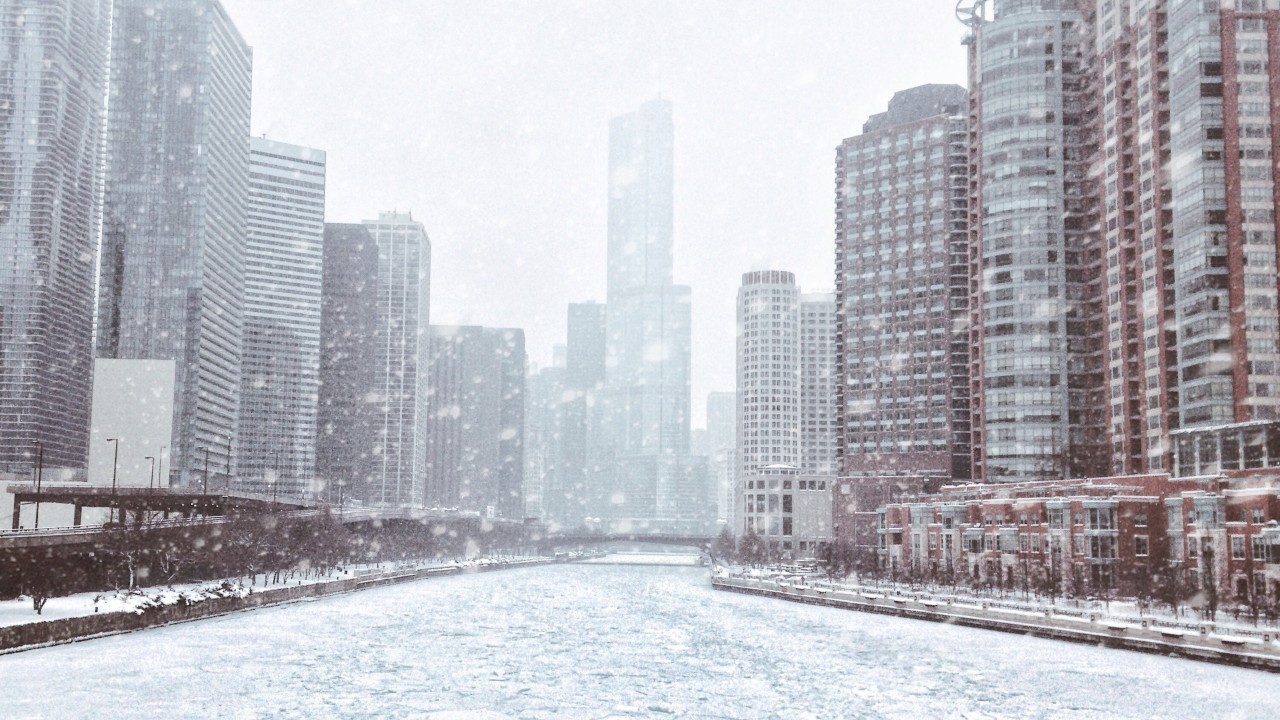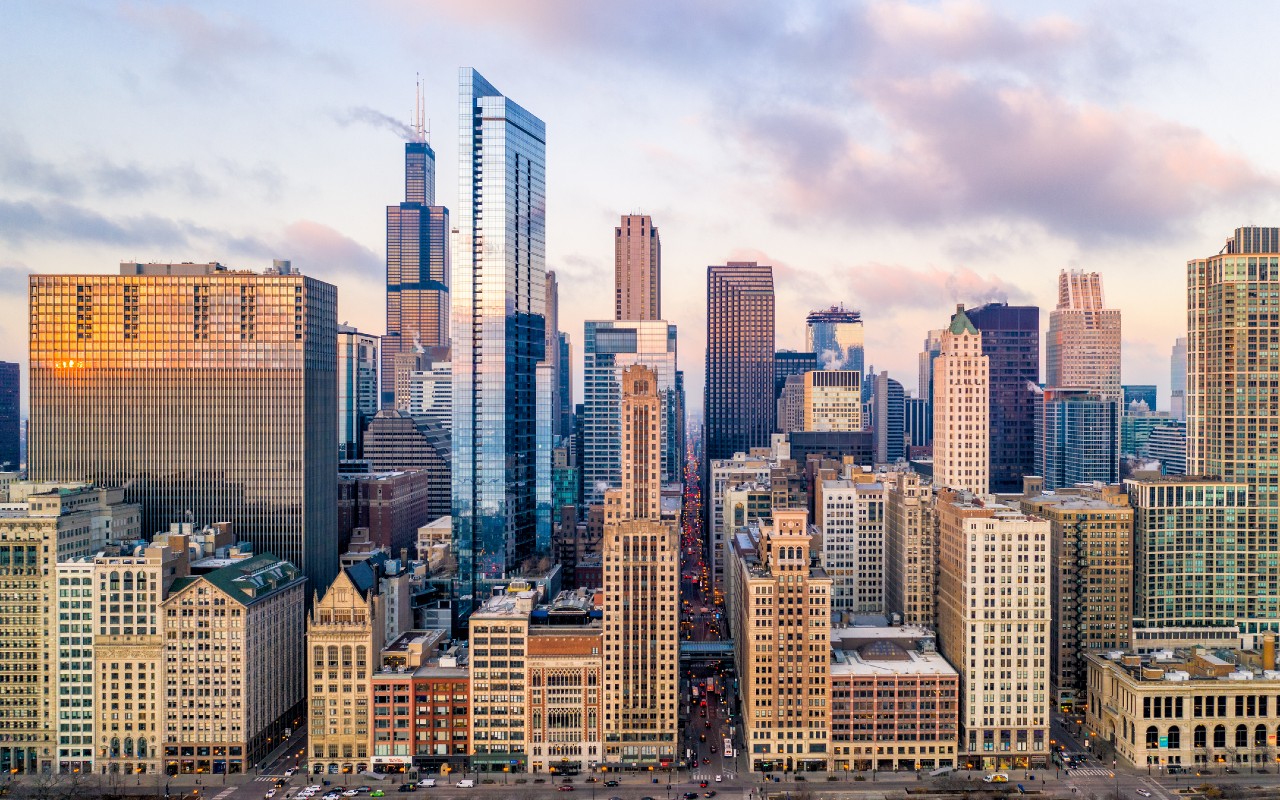Illinois now has two additional counties reporting what the Centers for Disease Control and Prevention refers to as having a "high" community spread of COVID after a data delay led to an undercount last week, the state's health department said in a press release Tuesday.
Last week, the Illinois Department of Public Health reported only three counties in the state -- Hancock in Western Illinois, along with Marion and Washington in Southern Illinois -- had fallen into the CDC's "high" category. However, on Tuesday, the state's health department sent out an update, saying it had undercounted.
"IDPH discovered this afternoon that a delay in data transfer to the CDC resulted in an undercount count of Illinois counties that are listed at High Community Level for COVID-19: Five counties are at High Level, NOT three," the statement said.
"The five counties are: Hardin, Hancock, Logan, Marion, and Washington," the update continued.
According to the CDC, counties with a "high" level of community COVID are determined by several metrics, including the number of new COVID cases per 100,000 population as well as the number of hospital admissions due to COVID.
Although the number of counties at a "high" COVID level has increased from three to five, the number still represents a significant drop from the previous week, when Illinois saw 28 counties at the "high" level, IDPH says.
However, the number of counties in Illinois at "medium" COVID level is ticking up. The state currently has 56 counties at a "medium" COVID community level, compared to 45 the previous week, IDPH says.
Local
As of Tuesday, the following Chicago-area counties were listed at "medium" status: Cook, DeKalb, DuPage, Kendall, Lake, McHenry, Kankakee and Kane counties.
LaSalle, Grundy and Will counties were all ranked at "low," data revealed.
Feeling out of the loop? We'll catch you up on the Chicago news you need to know. Sign up for the weekly> Chicago Catch-Up newsletter.
“I am encouraged to see COVID-19 community levels once again declining and hospital capacity remaining stable this week,” said IDPH Director Dr. Sameer Vohra. But, as the new and highly contagious COVID variant dubbed XBB.1.5 continues to spread, the department expressed concern and caution.
"IDPH is closely monitoring the XBB ‘Kraken’ variant which is spreading in the northeastern United States and leading to increased cases and hospitalizations," Vohra continued. "Although we are currently seeing low rates in Illinois, it is important for all of us to prepare for and be aware of this emerging variant. Please continue to use all of the tools available to protect yourself and your loved ones from COVID-19, the flu, and other respiratory diseases, especially those most at risk for severe disease.”
The variant now makes up 43% of cases in the U.S. and more than 14% of cases in the Midwest, climbing in both metrics from 30.4% and roughly 7% the week prior, according to estimates from the CDC.
The growth isn't unexpected as the omicron subvariant has been described as one of the most contagious variants of the pandemic so far.
Experts in the Chicago area have been preparing for the variant to surge in the Midwest after the Northeast saw a rapid rise, with the variant now making up more than 80% of cases there.
"I do expect that [XBB.1.5] will continue to increase here," Chicago Department of Public Health Commissioner Dr. Allison Arwady said Tuesday.
Arwady said the area isn't expecting to see a surge in COVID cases or hospitalizations that mirror the start of the omicron variant or the height of the pandemic, but did say there is potential for a mask advisory if cases rise along with the variant. Such an advisory has not yet been issued, with much of the Chicago area remaining at a "medium" community level, per the CDC.
The most current numbers show 1,395 individuals are said to be in the hospital with COVID-19 in Illinois. Of those people, 169 patients are in the ICU and 62 were on ventilators, according to IDPH.
Overall, IDPH is reporting a total of 3,997,877 cases, including 35,927 deaths, in 102 counties in Illinois since the beginning of the pandemic.



